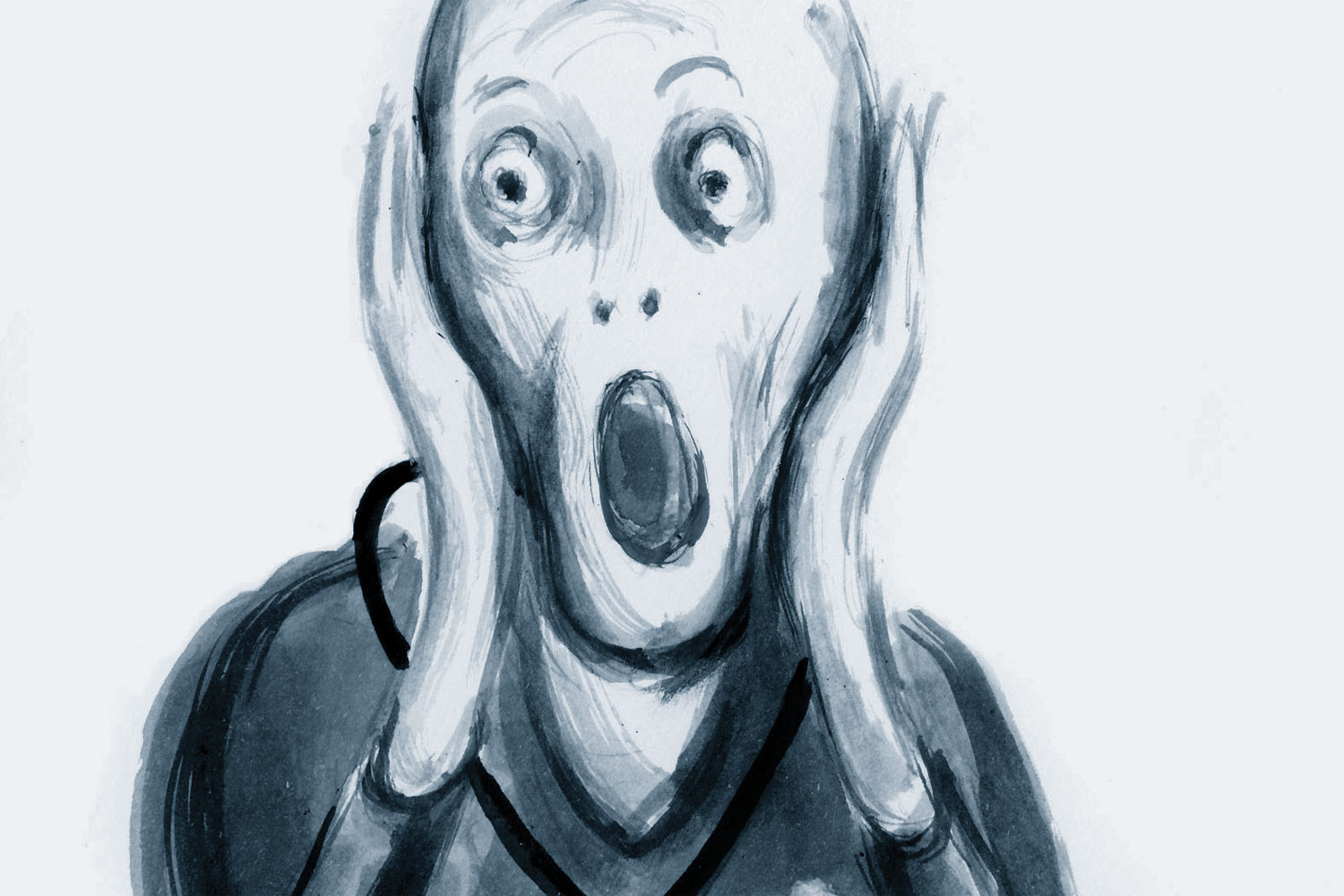
I have to declare a conflict of disinterest in writing a column about appraisal/revalidation, which is that I think the whole process stinks worse than a squashed and decomposing roadkill skunk, and is likely to hold my attention for about as long. Still, making that disclosure at least gives me something to put in the ‘probity’ section.
I realise that raging against the appraisal/revalidation machine is a tired – and, let’s face it, lost – argument by now, but I don’t care. Articulating it reminds me that, despite the regulators’ best efforts, I remain a breathing and sentient being.
So: I update my knowledge every single day in an ongoing and automatic process of self- improvement because, like all the other GPs I know, I’m a professional with some self-respect, and that carries with it the desire to do the best job I possibly can, even given the current constraints of what is still laughably known as our vocation.
Whereas, having to be seen to do this via time and energy-sapping reflective and box-ticking exercises is not only insulting, depressing and demoralising, it actually undermines motivation for the very job the process is designed to ensure the quality of.
Spending £97m per year for the sake of identifying the 0.4% of bad apples is, of course, a compelling and durable argument
But you knew all that. So what’s new? Well, let’s just suppose that revalidation is here to stay, because it is. After all, spending £97m per year for the sake of identifying the 0.4% of GP bad apples is, of course, a compelling and durable argument.
So what if there was a way to revalidate that minimised the grief for the vast majority of us who desperately want to throw off the dead weight of bureaucracy and get on with our jobs? Something that caused us a very transient and minimal arse-ache rather than the full-blown chronic, intractable proctalgia of the current system? Would you be at all tempted to delete those tedious eportfolios for a new light-touch system? I know I would.
What I would accept, in fact, would be a five-yearly mandatory MCQ to assess whether I’m fit for purpose. Bear with me. Yes, I know, this can’t test all the touchier-feelier areas that are fundamental to practice. But frankly I don’t care, because it would be quicker, cleaner and cheaper – and I’ll bet you all of my current year’s credits that an aberrantly low score would act as a valid proxy marker for an aberrant GP.
I’d suggest the top 97.5% are re-licensed for another five years, with no other requirements imposed on us, while the bottom 2.5% are subjected to the current full-on revalidation/appraisal torture. If you’re having trouble getting your head around this, think risk tools. Instead of using QRISK2 to statinise patients most at risk of cardiovascular disease, we’re using GPRISK2 to sanitise the tiny minority of GPs most at risk of harming patients.
No, I don’t like exams, but I’d take a five-yearly one-hour MCQ over the revalidation/appraisal edifice any day. Imagine it: most of us would be done and dusted in an hour.
You know it makes sense. I’ll even volunteer to write the questions.
Dr Tony Copperfield is a GP in Essex
Pulse October survey
Take our July 2025 survey to potentially win £1.000 worth of tokens














